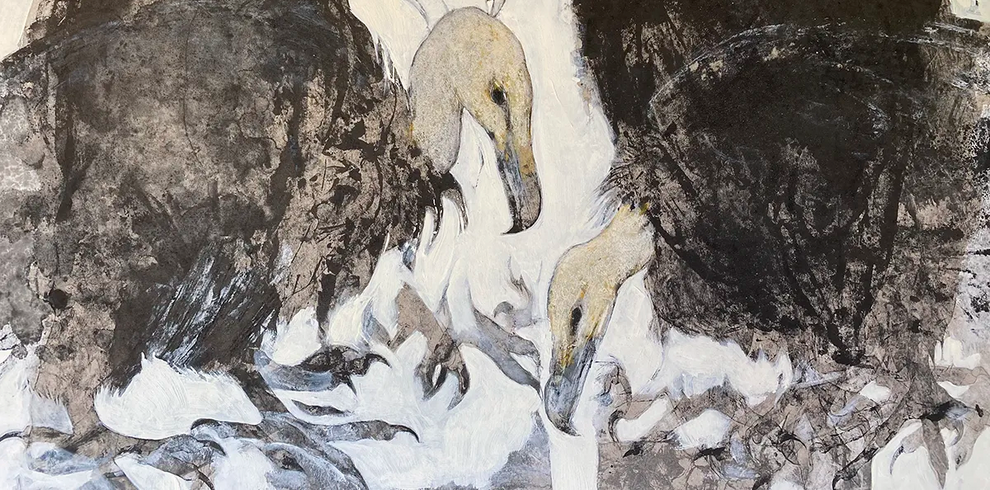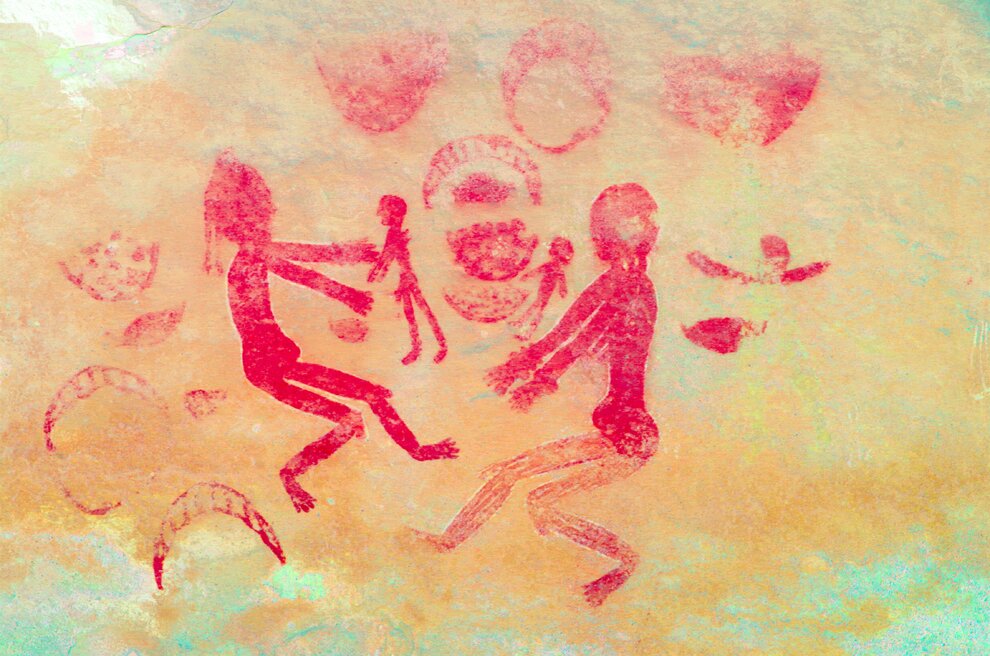Anthropological Methods for Documenting Human Rights Violations and Genocide
Victoria Sanford | Seminar Violence and exiting violence | May 9th, 2019
Thursday
09
May
2019
5:30 pm
7:00 pm

Published at 9 May 2019





